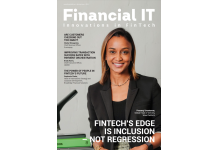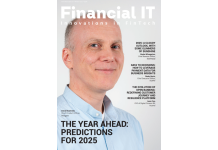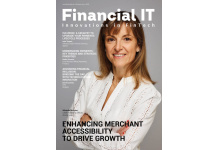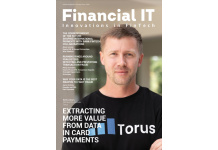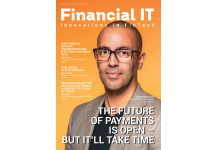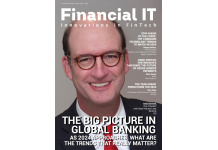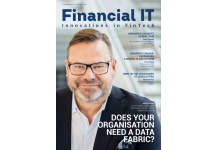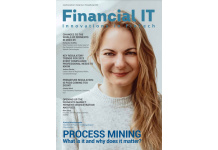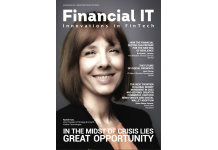Financial IT Summer Issue 2023
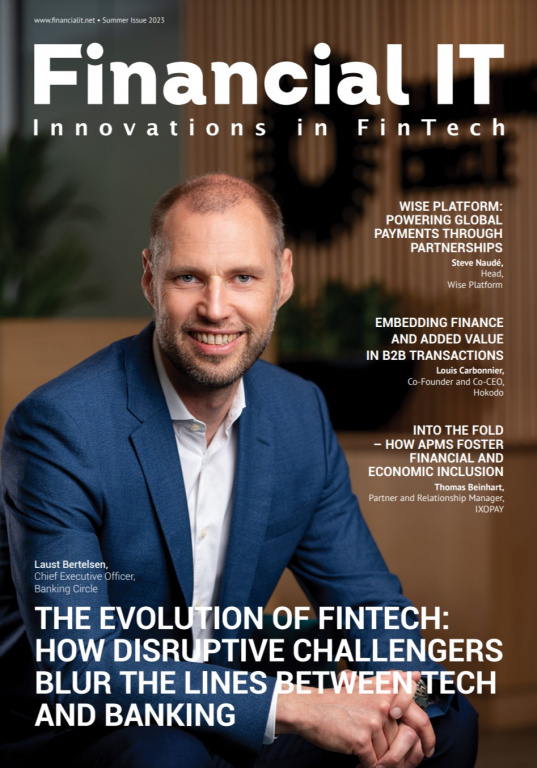
- 29 May, 2023 09:00 am
The mirror and the microphone of fintech
What really matters right now to fintech’s decision-makers?
In preparing this edition of Financial IT, we spoke to the organisers of the Money 20/20 Europe conference, which takes place in Amsterdam on 6-8 June.
The organisers see themselves as being the ‘mirror and microphone’ of fintech. We fully agree with that description. Accordingly, we put three questions to them.
Perpetual motion
Our first question was: what do the organisers consider to be the biggest changes that have taken place over the last year?
We expected a response that discussed specific developments - such as the arrival of ISO20022 or the rise in the prices of major crypto-currencies over the last six months.
Instead, the organisers suggested that the biggest change was change itself. Fintech is characterised by perpetual motion. No two annual conferences can be the same when the organisers are seeking to encourage the conversations that matter and to generate fresh perspectives. This is achieved through the new content that is delivered and the new experience that is provided to the fintech decision-makers who attend the conference.
Topics not sectors
This led to our second question: what do the decision-makers actually want to talk about?
We expected a list of different sectors of the fintech universe - payments, regtech, insuretech, crypto-currencies and so on.
However, the agenda for the conference gave a very different picture. In terms of the number of events dedicated to each of them, the most important topics are: Smooth Interactions (45 or so, as of the third week of May); Strategic Decisions (40); Socio Economic Impact (30); Unexpected Finance (28); and Start-Ups (28).
It is reassuring - and not surprising - that the 12 contributed articles in this edition of Financial IT show the same picture. One third are dedicated to Smooth Interactions - new technologies or new approaches that improve the user experience or otherwise bring positive outcomes. Another third of the articles are clearly devoted to strategic issues. The other third are devoted to Socio Economic Impact and/or Unexpected Finance.
The new companies on the block
That brings this Editors’ Letter to Start-Ups. Our third question was simply: are the Start-Ups who are presenting at Money 20/20 Europe united by particular themes or trends?
The conference organisers replied that the Start-Ups - in many ways a diverse group of new companies - are united mainly by their desire to connect with others. They are looking to network.
Therefore, the number of Start-Ups whose people are attending the conference will be a lot larger than the number of new companies that formally presenting their business models at Money 20/20 Europe.
Our own research has identified about 2,700 Start-Ups in the world of fintech. These are companies that have been established since 2012 and that have not listed on any stock exchange. We are looking at how those companies are funding themselves.
Of course, access to funds - at a time that financing is not as easy as it has been in the past - is something that Money 20/20 Europe will also be considering through its Funding the Ecosystem workshop.
We wish everyone who is involved with Money 20/20 Europe a most successful conference.




